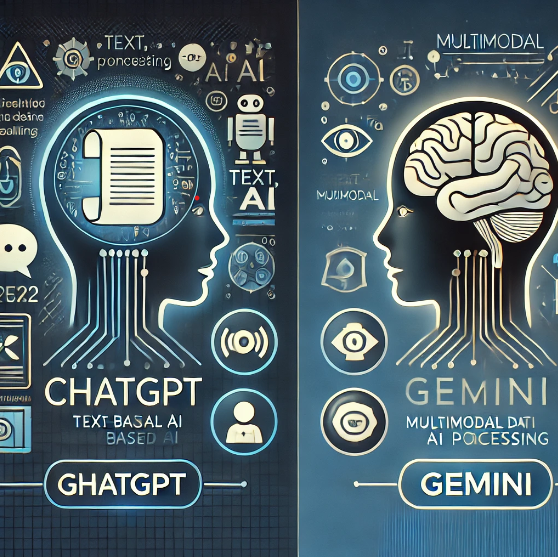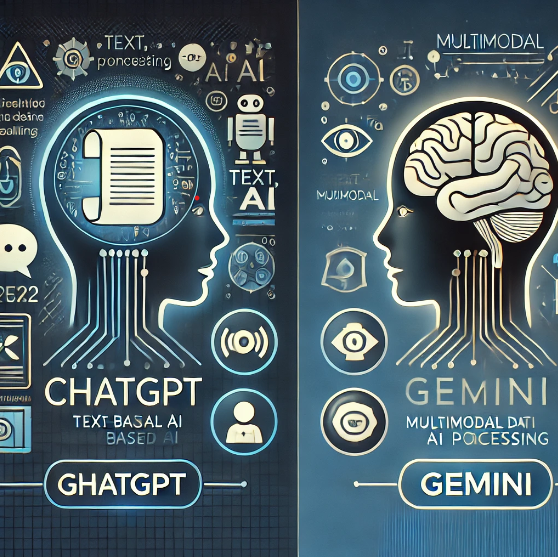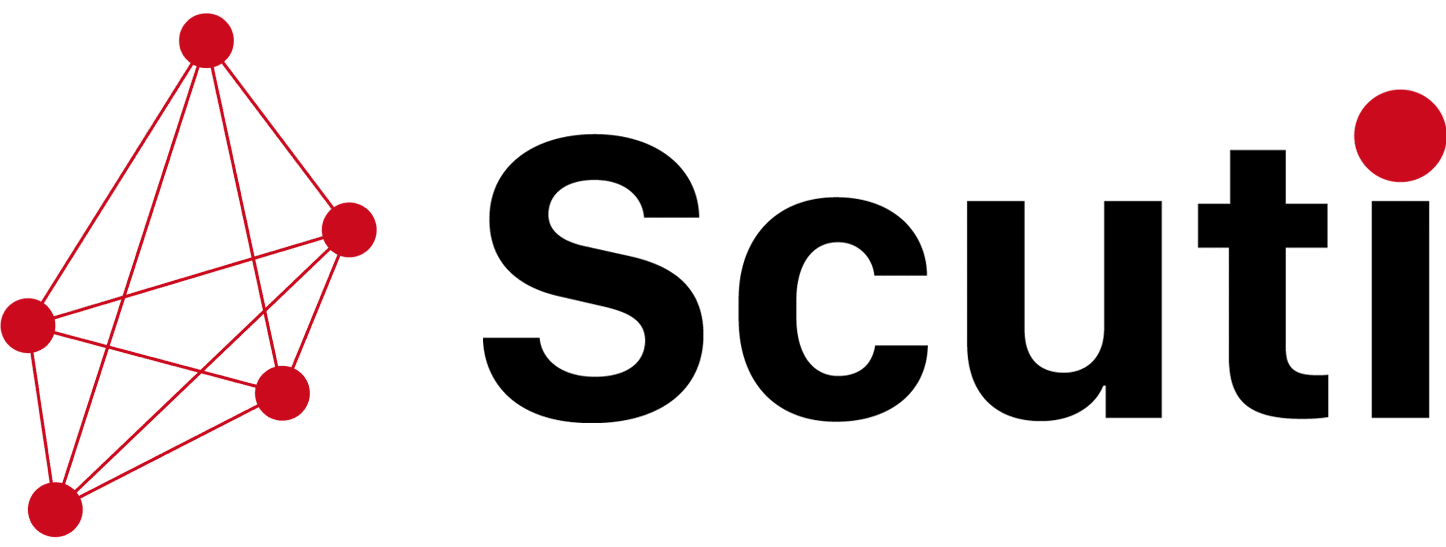
In the evolving landscape of artificial intelligence, ChatGPT and Gemini represent two significant milestones. These AI models, developed by OpenAI and Google respectively, highlight the progress and challenges in the field. This analysis will compare these models based on four key criteria: developer background, launch timeline, underlying technology, and intended use cases.

| Criteria | ChatGPT | Gemini |
| Developer | OpenAI | |
| – Focuses on ethical AI development and transparency. | – Backed by Google’s extensive resources and history of innovation. | |
| – Strengths: High ethical standards in AI. | – Strengths: Robust training capabilities due to Google’s infrastructure. | |
| – Weaknesses: Limited resources compared to larger tech companies. | – Weaknesses: Potential conflicts between commercial interests and ethical considerations. | |
| Launch Date | November 2022 | December 2023 |
| – Early model that set benchmarks in conversational AI. | – Incorporates recent advancements in AI for sophisticated capabilities. | |
| – Strengths: Early adoption led to significant user feedback and iterative improvements. | – Strengths: Later launch allowed for integration of more advanced AI technologies. | |
| – Weaknesses: Faced limitations in handling complex scenarios initially. | – Weaknesses: Lacks the extensive user testing history that ChatGPT has. | |
| Technology | GPT-4 Architecture | Google’s Multimodal AI Framework |
| – Focuses on natural language processing and conversational AI. | – Combines text, image, and voice inputs for a broader range of tasks. | |
| – Strengths: Excels in generating human-like text and context-aware conversations. | – Strengths: Capable of handling multimodal tasks beyond text, such as visual recognition. | |
| – Weaknesses: Sometimes produces verbose or less specific responses in specialized domains. | – Weaknesses: Complexity in multimodal integration may lead to inconsistencies. | |
| Intended Use Cases | Conversational AI, Customer Support, Education, Content Creation | Versatile AI Applications Across Text, Image, and Data Analysis |
| – Optimized for interactive and text-based applications. | – Suitable for diverse tasks, from business intelligence to creative arts. | |
| – Strengths: Highly effective in generating coherent and contextually appropriate conversations. | – Strengths: Flexibility across various domains. | |
| – Weaknesses: Limited in scenarios requiring multimodal data processing. | – Weaknesses: Broad scope may reduce effectiveness in specialized tasks. |
Conclusion: Both ChatGPT and Gemini are formidable AI models with distinct strengths and weaknesses. ChatGPT, with its early market presence and refined conversational abilities, excels in interactive and text-based applications. On the other hand, Gemini’s cutting-edge multimodal technology positions it as a versatile tool capable of addressing a broader range of challenges. The choice between these models ultimately depends on the specific needs of the user—whether the priority is a robust conversational agent or a flexible, all-encompassing AI system.
